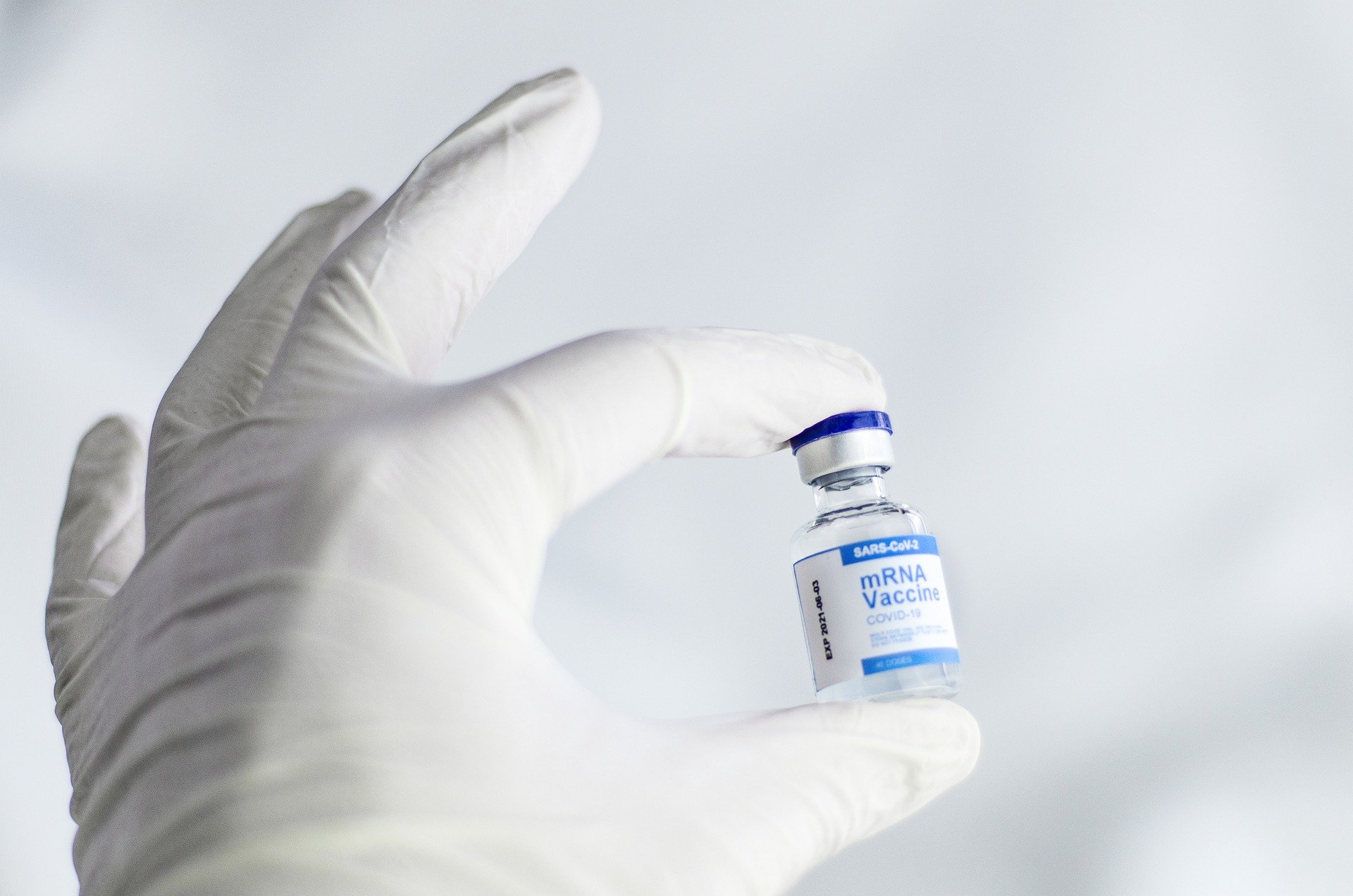Booster shots for the immune-compromised: Dr Tukuitonga
Thursday 4 November 2021 | Written by Caleb Fotheringham | Published in Health, National

Image by Spencer Davis from Pixabay
People with underlying medical condition or cancer or some immune-compromised condition may require Covid-19 booster vaccines twice a year, says a leading Pacific health expert.
Dr Collin Tukuitonga says people with underlying medical conditions or who are immune-compromised should be given Covid-19 booster shots.
However, Tukuitonga said those who are young and healthy should need booster shots less often.
Studies show immunity from Covid-19 vaccines – including the Pfizer vaccine – wanes in effectiveness after around six months.
A study on vaccine effectiveness in the medical journal, The Lancet said: “Effectiveness against infections declined from 88 per cent during the first month after full vaccination to 47 per cent after 5 months.”
The Cook Islands rollout started in mid-May and it’s almost five months since the majority of the population over 16 were fully vaccinated.
Tukuitonga said it’s assumed the Cook Islands effectiveness to fight Covid-19 has waned but this was only assumed because no immunity tests had been done to the population.
“There’s certainly no clear decision yet on how quickly you need to get the boosters that people talk about, immunity wanes at about six months to 12 months so it will be in that window I expect that people will get boosters, but it won’t be for everyone.”
Tukuitonga said when immunity wanes, it means fewer people are protected or that people’s ability to respond is not as robust.
He said, “when people are fully vaccinated, nine out of 10 people will be protected but when immunity declines from about six months, it may be about six out of 10 people are protected.”
It also means vaccinated people who got their shots a while ago might get sicker than when they got their last dose, Tukuitonga said.
“What is already clear is if you have an underlying medical condition or cancer or some immune-compromised condition you most definitely should get a booster and it might be twice a year.
“But for young fit people who are fully vaccinated they might only need it every two years, so it’s a variable situation and the evidence is not all that clear.”
Early last month, government spokesperson Jaewynn McKay said the Cook Islands was not considering giving boosters at this stage.
McKay said the World Health Organization advised for vaccine equity – sharing vaccines instead of giving boosters.
Tukuitonga said: “The problem is if the rich countries take all the vaccines and they vaccinate let’s say 100 per cent of their people in the richest nations and you leave the majority of the people in the developing world without vaccinations, that’s not good for the planet because Covid-19 will persist and it will continue to inflict on people around the world.”
“We’re better to share the vaccine with less developed countries and have as many people in the developing countries protected as well. That way the virus is less likely to take hold.”
Cook Islands News reached out to the Government and asked if it was concerned the Pfizer vaccination is waning in effectiveness and if that would affect the border decision, but did not receive a response when this edition went to press last night.




































